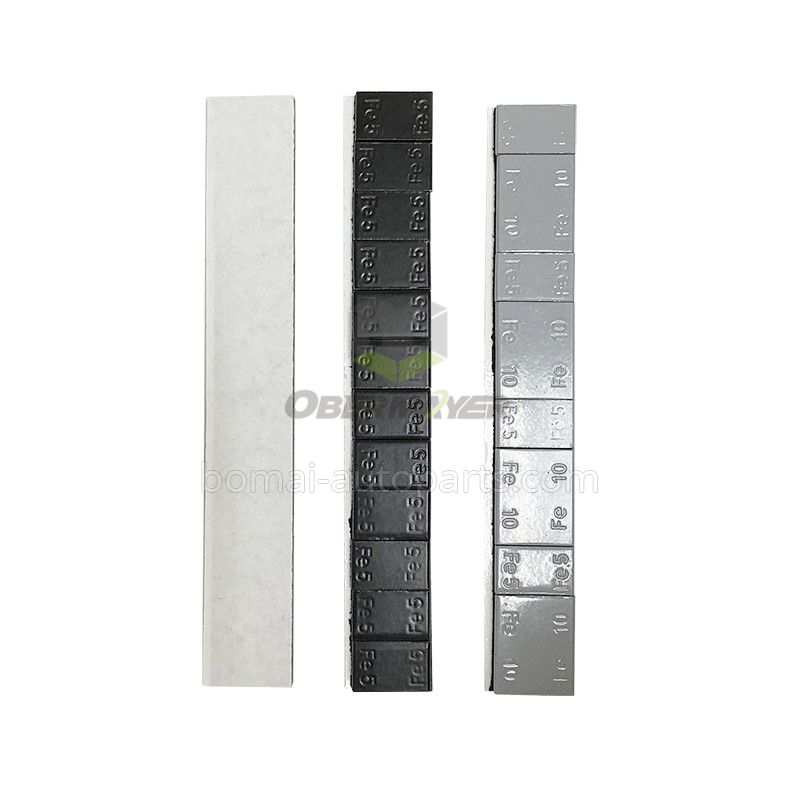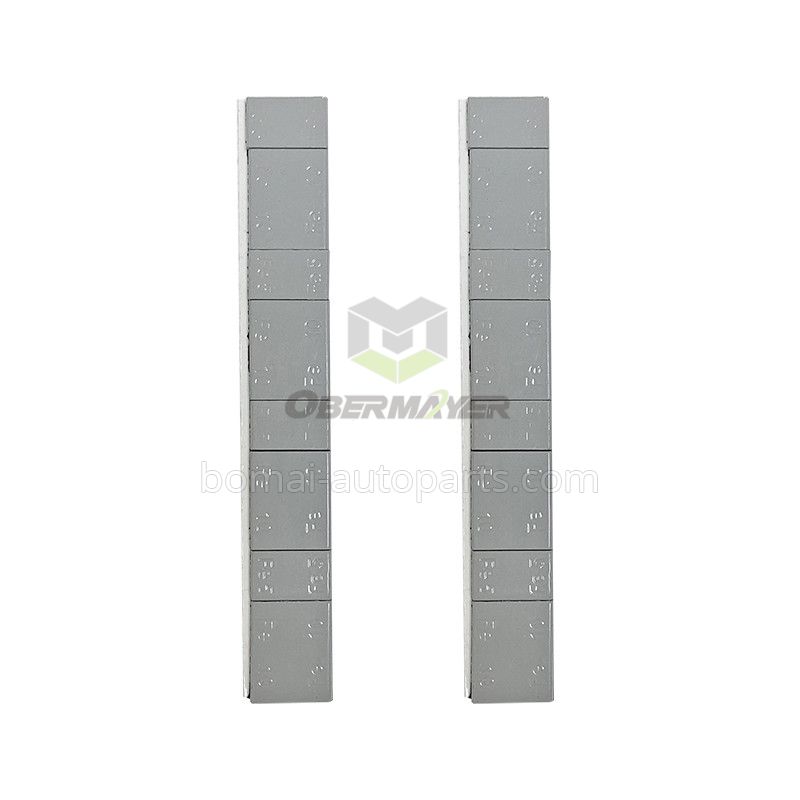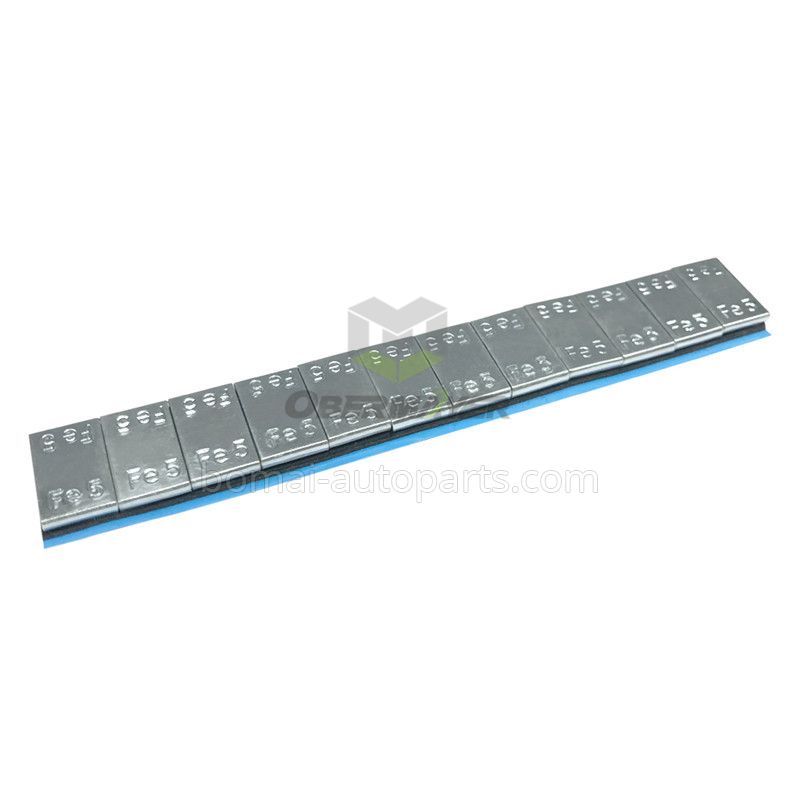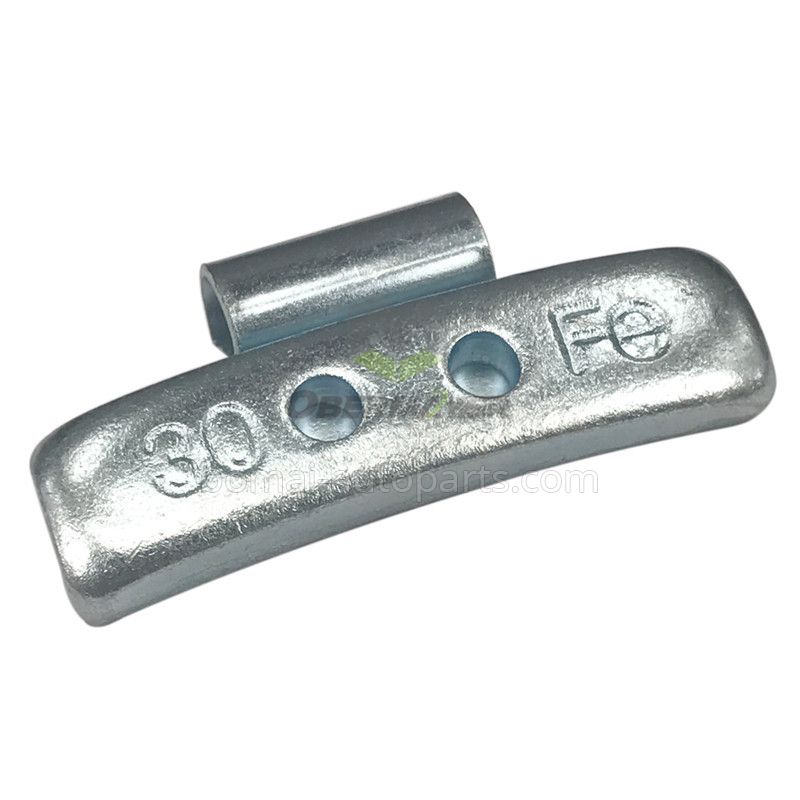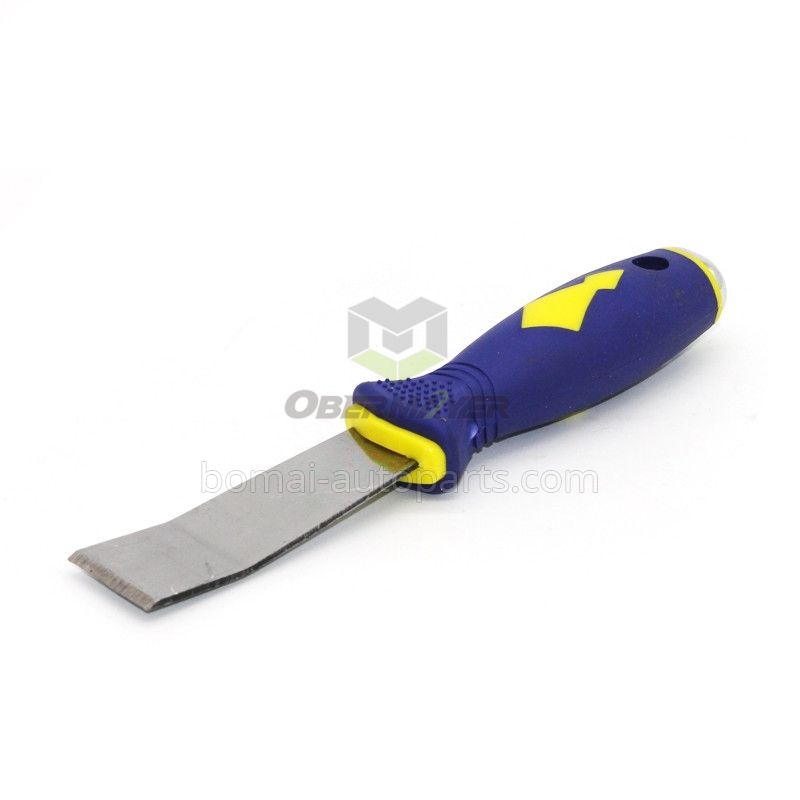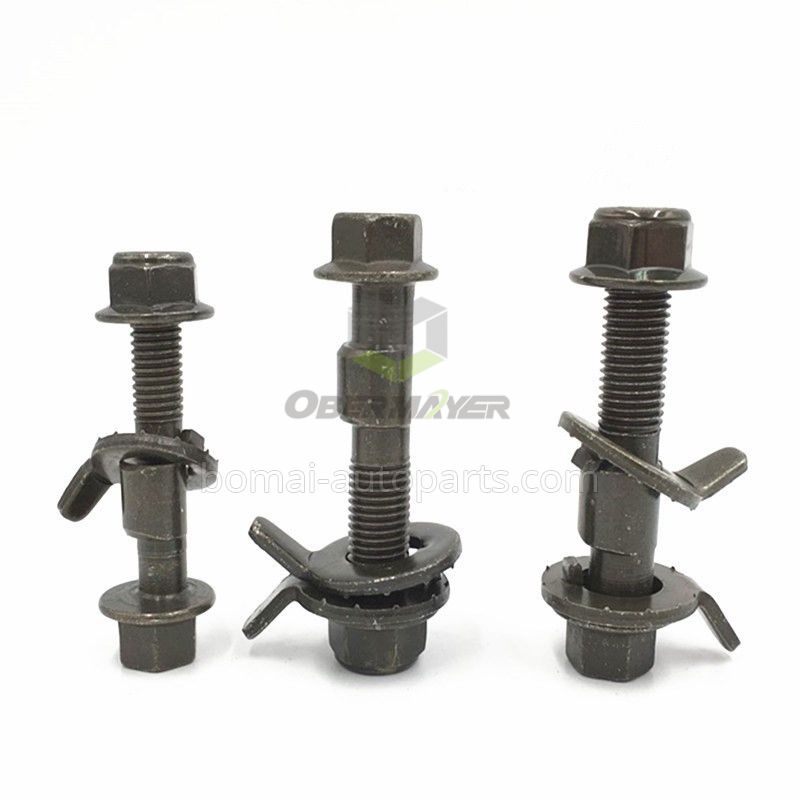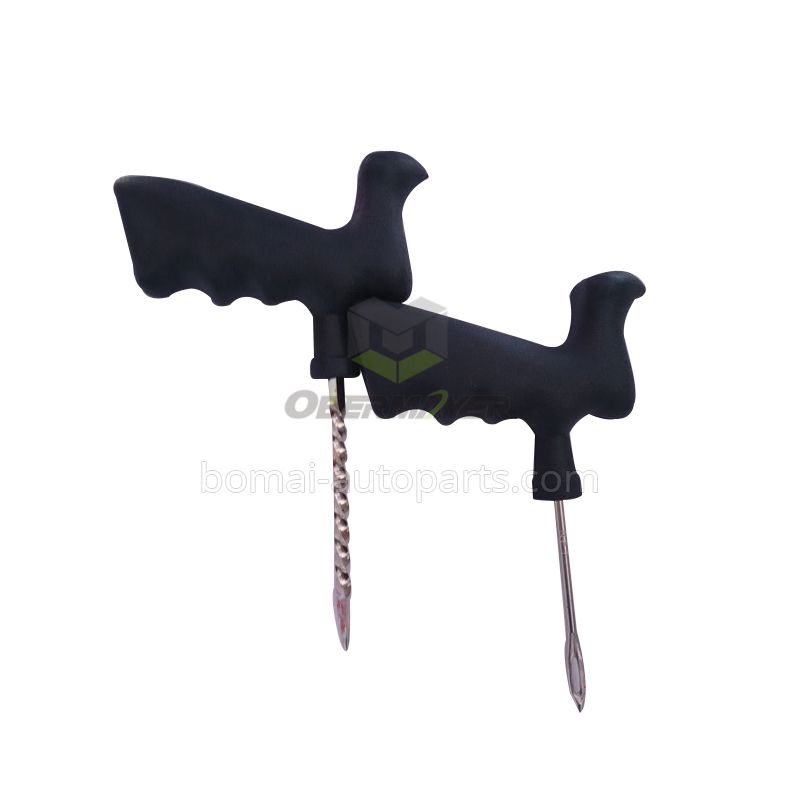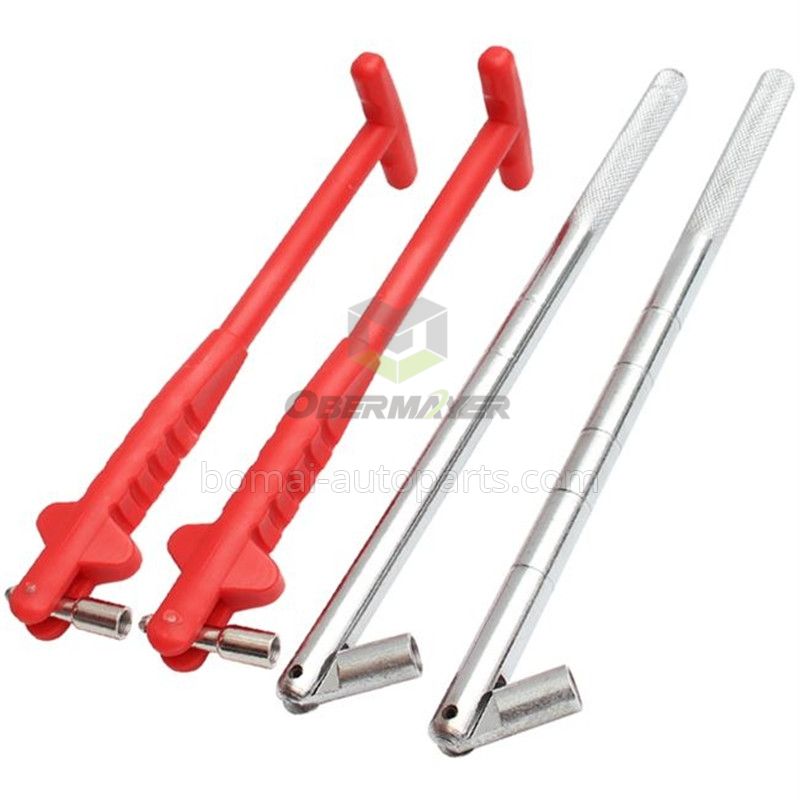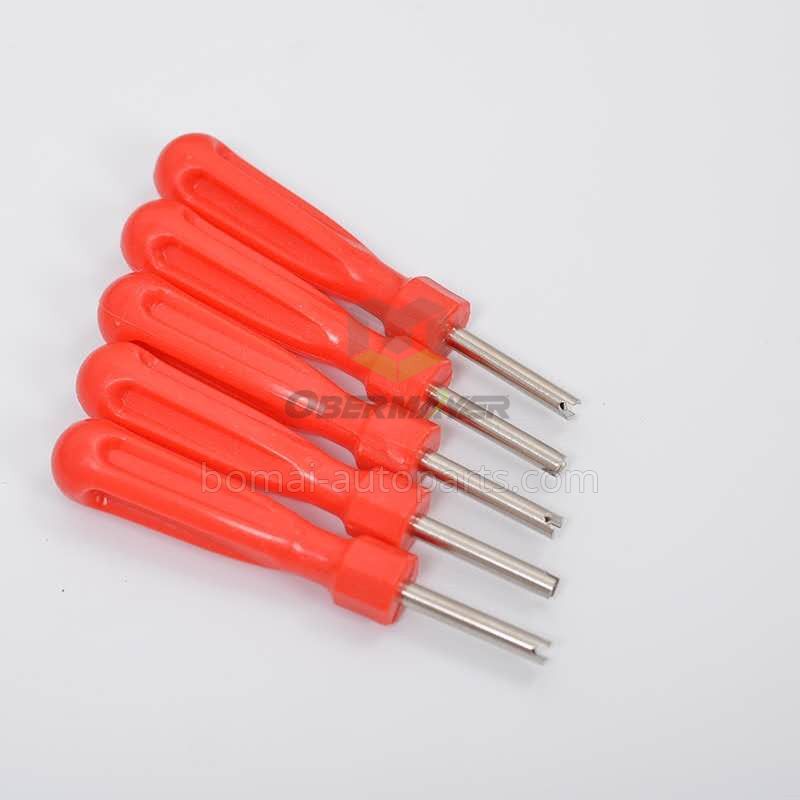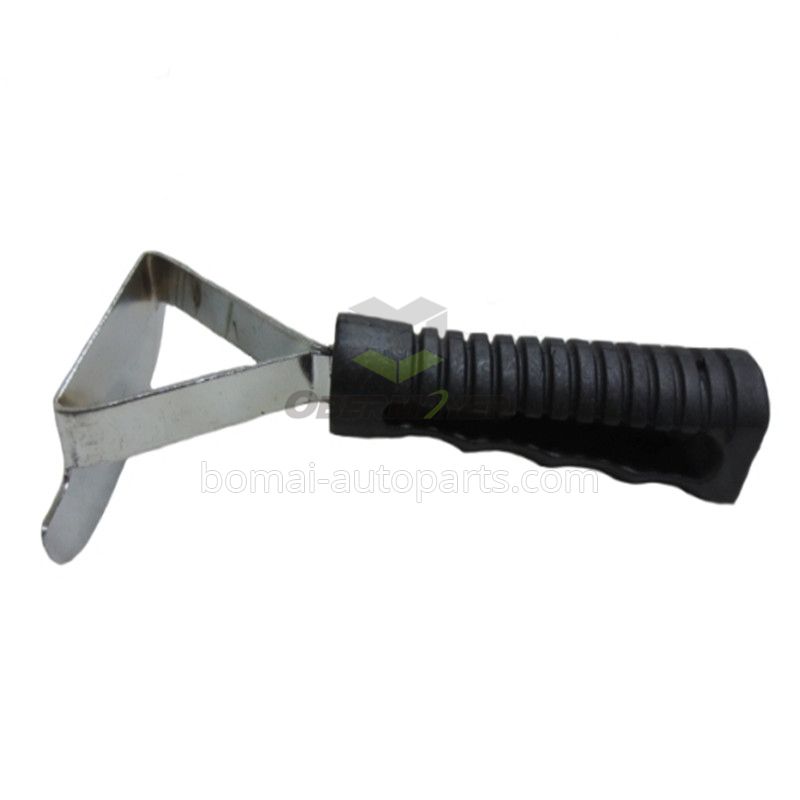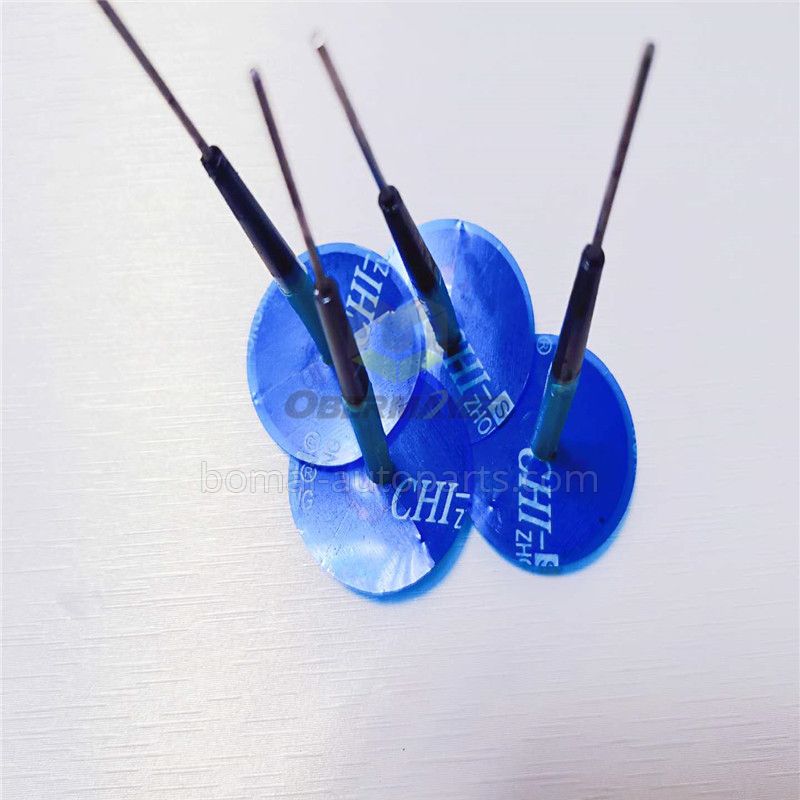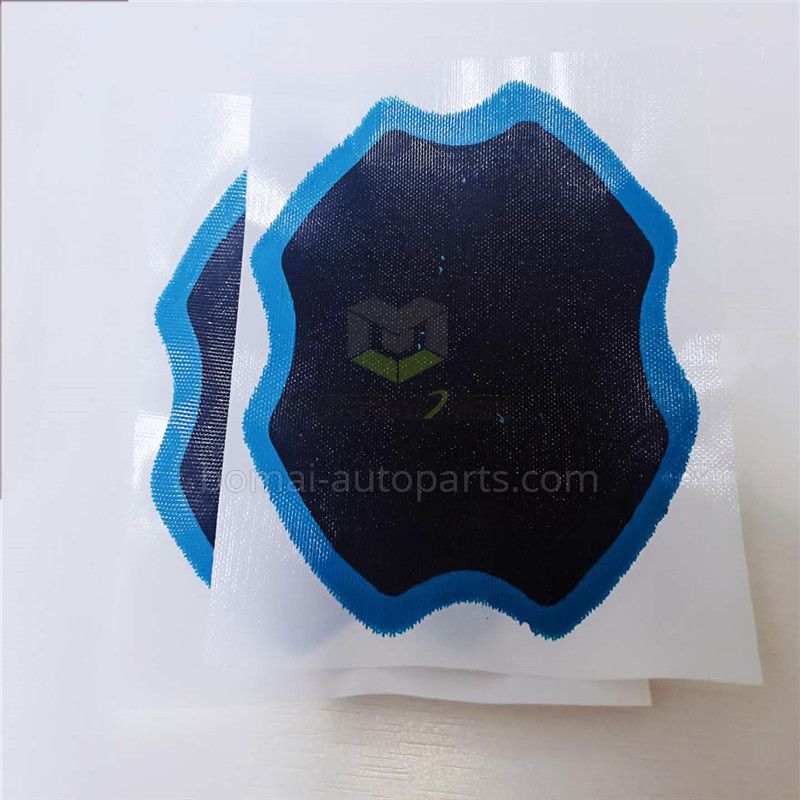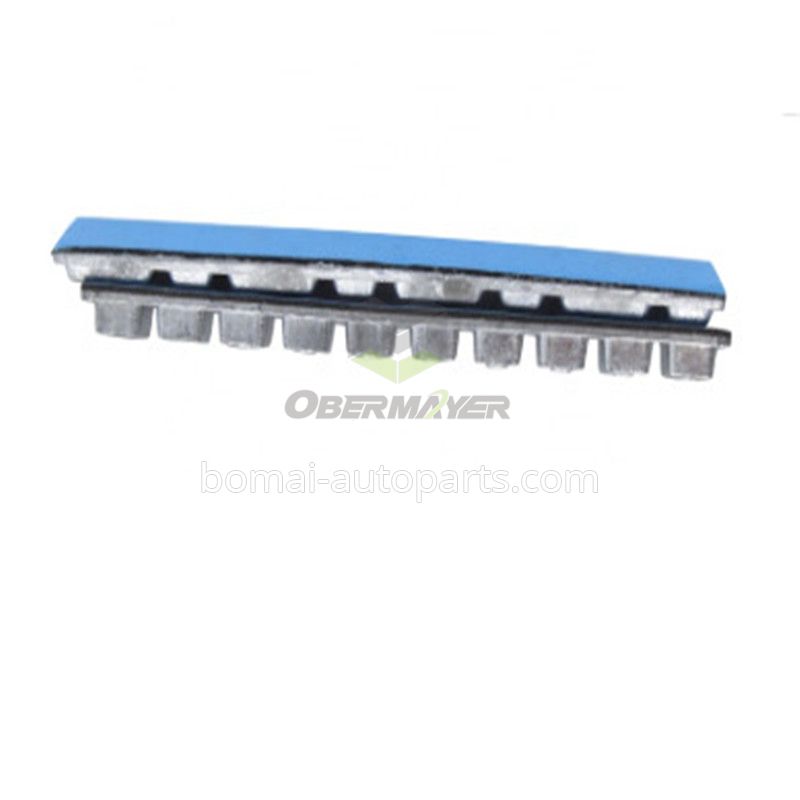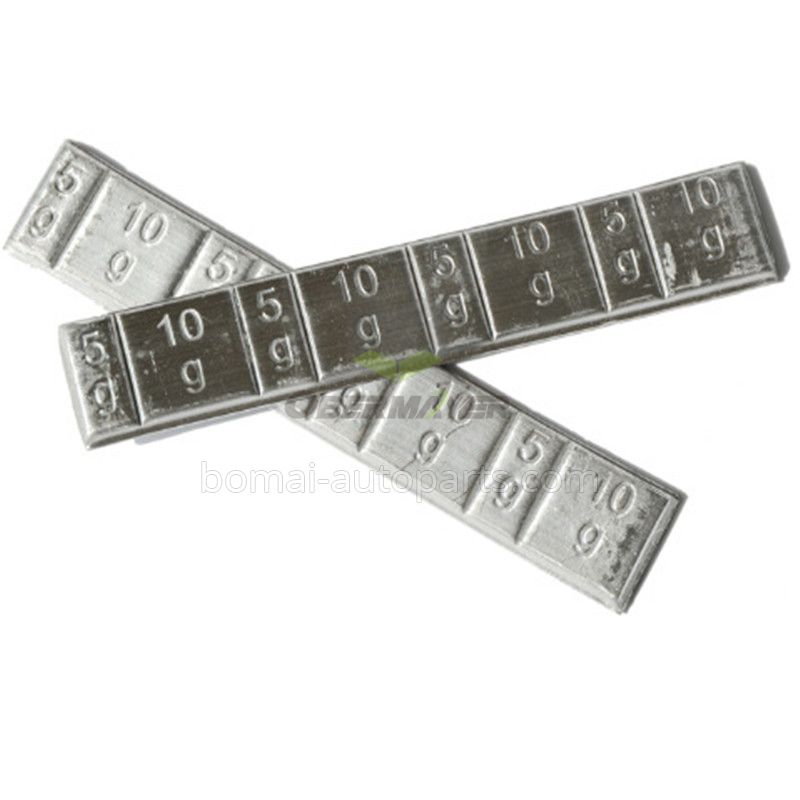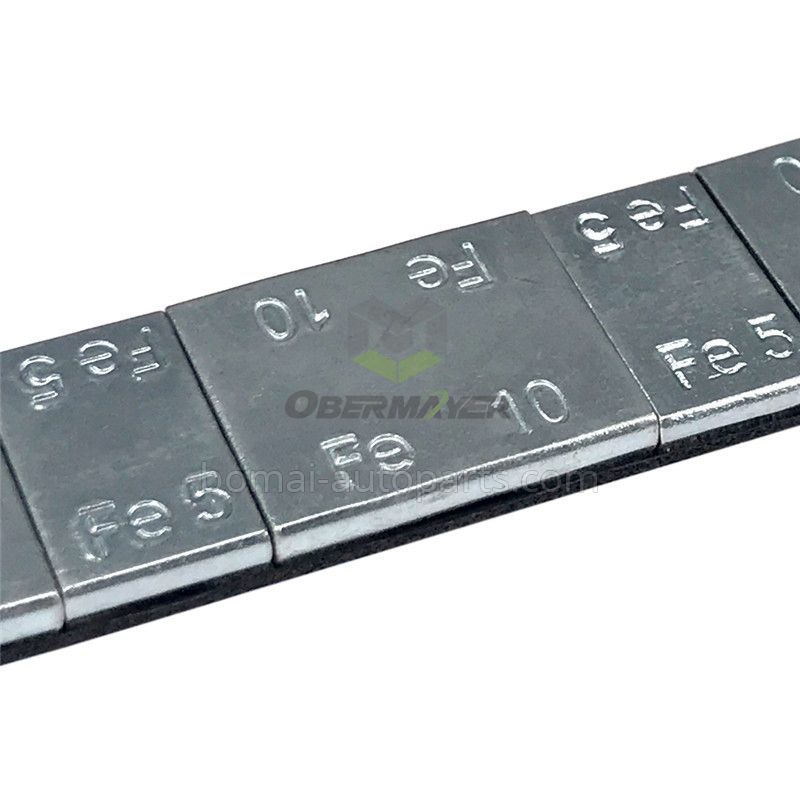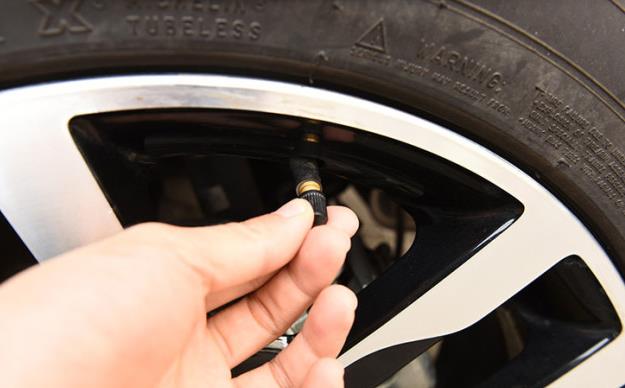Car Maintenance Schedule
Most of us aren’t auto experts, and that’s okay. As long as you keep track of your mileage and stay up to date on a regular car maintenance schedule, you’ll know what to ask of your mechanic and can avoid many of the problems that arise from vehicle neglect. While every car is different, and it never hurts to research the manufacturer’s suggestions for your make and model, it also helps to keep a car maintenance log and adhere to the following servicing schedule.
Follow these recommendations for scheduled car maintenance by mileage, and you’ll be able to keep your car in tip-top shape for years to come.
Common Car Maintenance Tasks
It can be difficult to guess precisely what fixes and updates your car will need before going in for a routine inspection, so it helps to have an idea of the most commonly required car maintenance tasks. Regular oil changes are a must for any vehicle, and other fluids like transmission fluid, brake fluid, coolant, and washer fluid will also need to be replaced sometimes. Your tires will also need to be refilled with air, rotated, or even replaced every so often. Other common areas of maintenance include all of your car’s belts and hoses, lights, battery, air filter, wiper blades, shocks and struts, and spark plugs.
Top 10 Most Common Car Maintenance Tasks
Oil and oil filter changes
Air filter replace
Replace wiper blades
Change battery
New tires
Brakes & brake pads replacement
New Antifreeze
Tune-ups for engine
Wheel alignment
Transmission & brake fluid replacement
3,000 Mile Service
The most frequently occurring item on your vehicle maintenance schedule, unsurprisingly, should be oil changes. You have likely heard that your oil and oil filter need to be changed every 3,000 miles. While this was a universal rule in the past, many newer cars use synthetic oil and can go twice or even three times that distance before an oil change is necessary. How often you need to change your oil and oil filter depends on the type of oil your vehicle uses. Still, it’s always a good idea to schedule an oil change appointment a little before your car’s maintenance light comes on, as it is generally a quick and inexpensive procedure.
15,000 Mile Service
Every 15,000 miles or so, you will need to replace your air filter. Once you reach your first 15,000 miles, your mechanic will probably offer a service including an oil change, tire rotation, and a quick inspection to make sure certain parts of your car are running properly, but no crucial repairs should be needed at this point. As long as you have your air filter replaced, you most likely won’t need to worry too much about anything else.
30,000 Mile Service
The 30,000-mile mark is the first significant milestone for your car. In addition to scheduling your second air filter replacement, you should ask your mechanic to test the pressure of your fuel filter to see if that needs to be replaced. Depending on the type of vehicle you drive, you might need to replace your brake fluid and/or transmission fluid as well. You should also replace your power steering fluid and have the rest of your car inspected for any problems that might need fixing, including a checkup on your battery to determine if you need a new one.
60,000 Mile Service
Scheduled maintenance for 60,000-mile service will be more in-depth than anything required before this point. You will once again need all the services provided at 30,000 miles, as well as replacements for your brake fluid, brake pads, brake rotors, coolant, transmission fluid, and power steering fluid. Your spark plugs and various belts, valves, and hoses may also be showing wear and tear and need to be attended to. Furthermore, this is most likely around the time when you will need to replace your battery. However, the lifespan of a battery is determined by time rather than mileage, so 60,000 miles is only a rough estimate, and the particular mileage at which a battery needs to be replaced will vary from one case to the next.
From this point on, you’ll need to be extra careful with your car and make sure to take it into the shop if anything feels different from normal while you drive. As long as you notice any issues that arise early on, it’s typically fixable, and it should be easy to avoid doing severe permanent damage to your vehicle.
Treat your car like your body and give it frequent checkups on the car maintenance schedule provided. This way, as it ages, it can live a long and productive life, while saving you money on repairs and having to buy or lease a new car replacement.
Tracking Your Mileage
Keeping track of your vehicle’s mileage is an essential part of staying current with its maintenance. Everlance not only makes it easy for you to estimate how soon you should schedule your next appointment with your mechanic, but we classify all trips you take as business or personal to aid you in filing your taxes with IRS compliant logs. Also, track business mileage for reimbursement with Everlance for Teams.
Even if your car needs a pricey repair or to be replaced entirely, rest assured that Everlance can help net you thousands of dollars in tax deductions, which helps pay for your vehicle’s necessary expenses.




